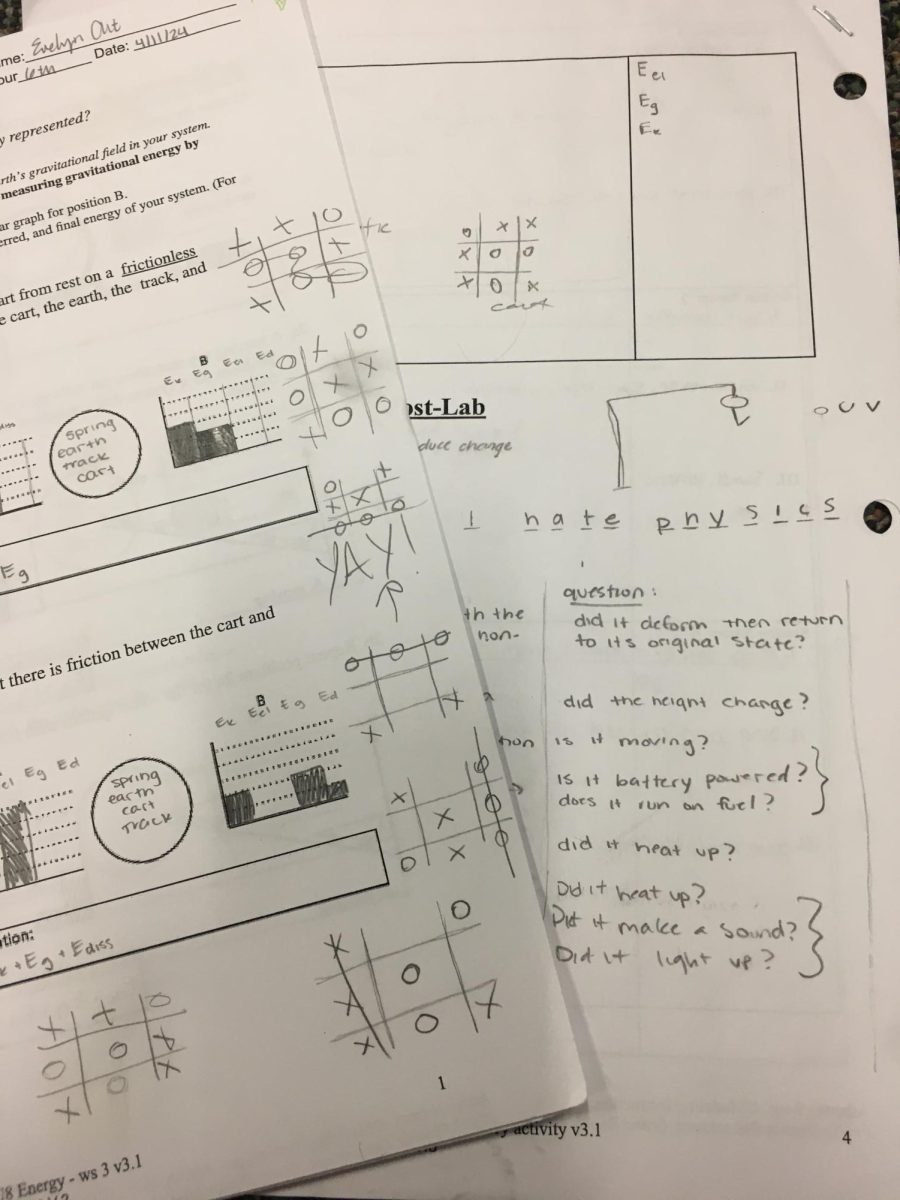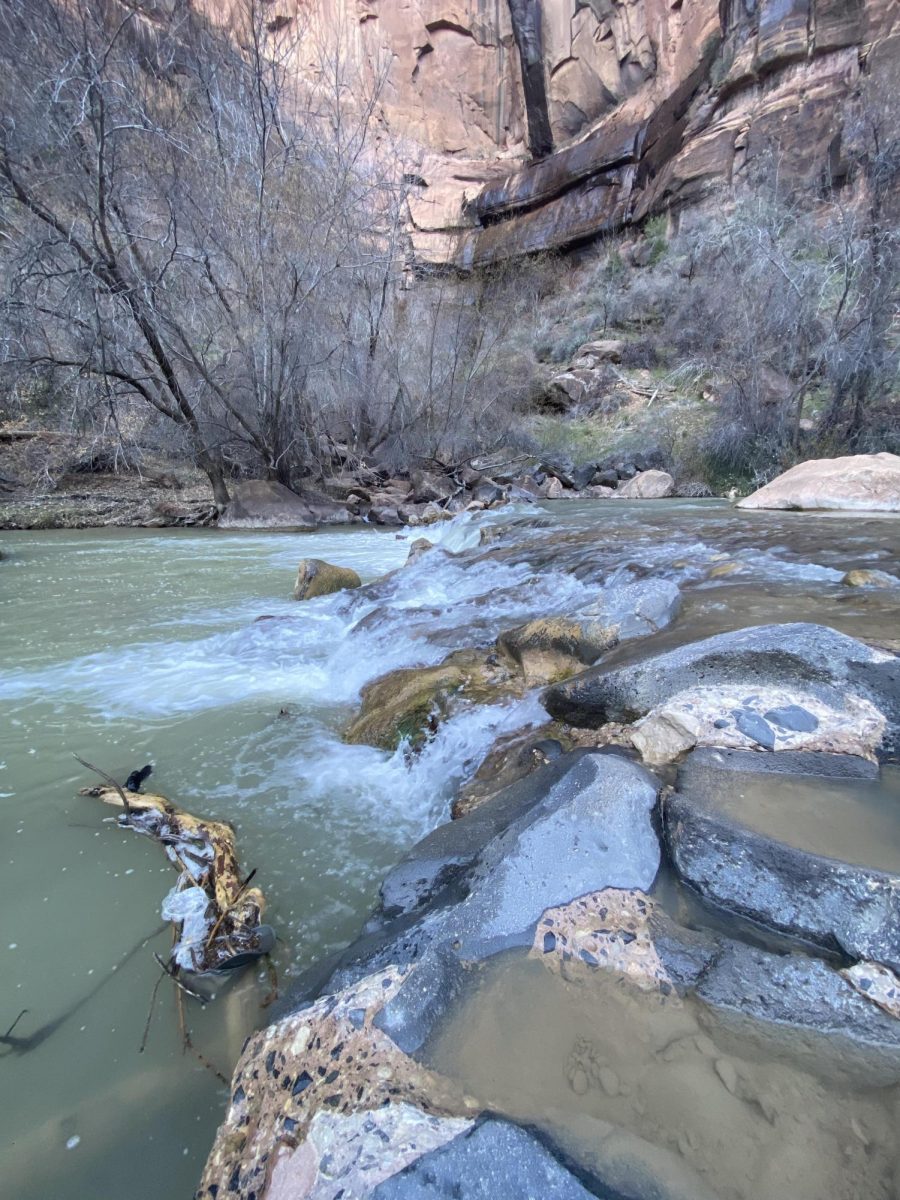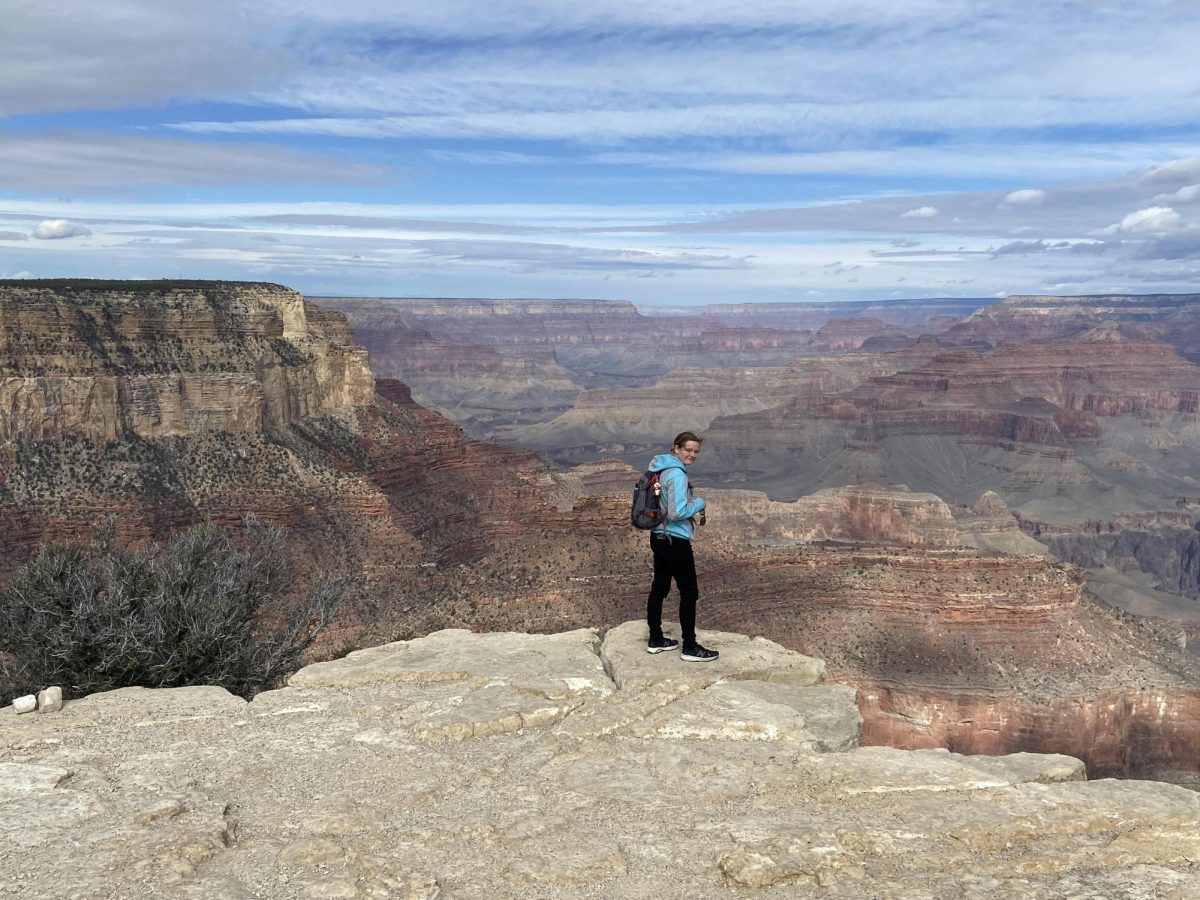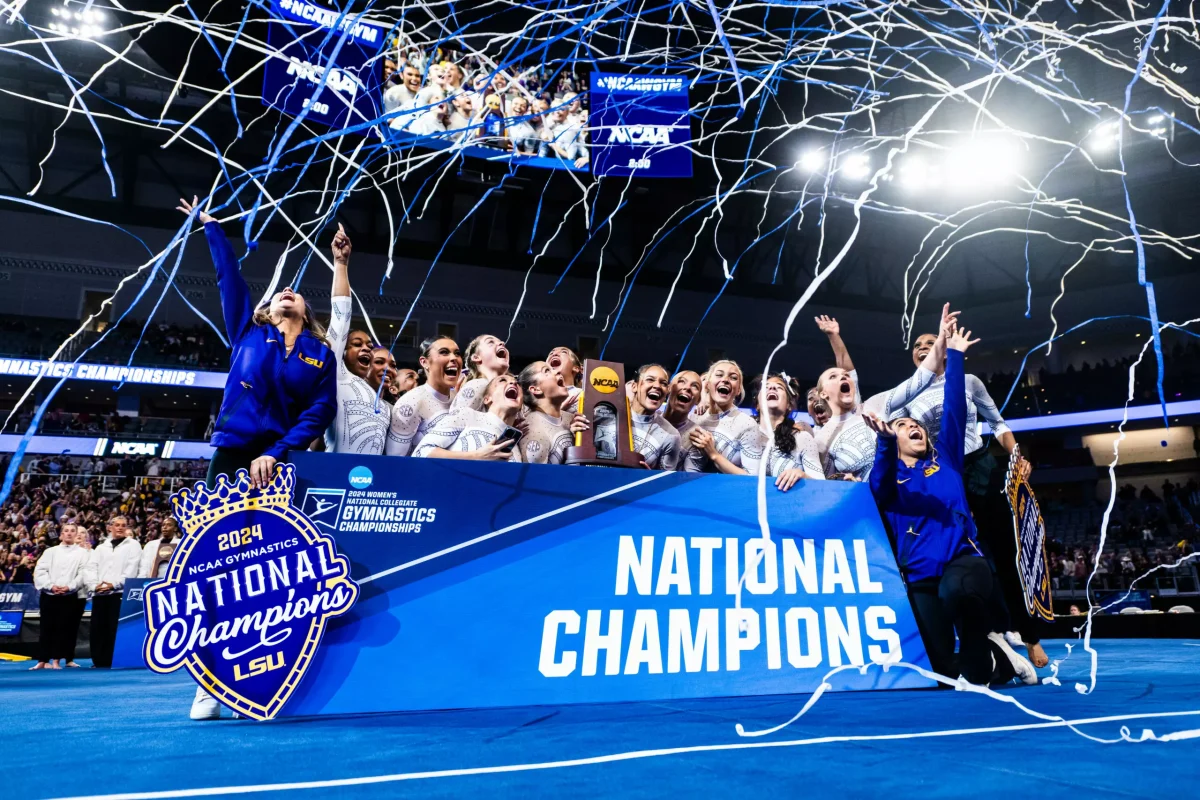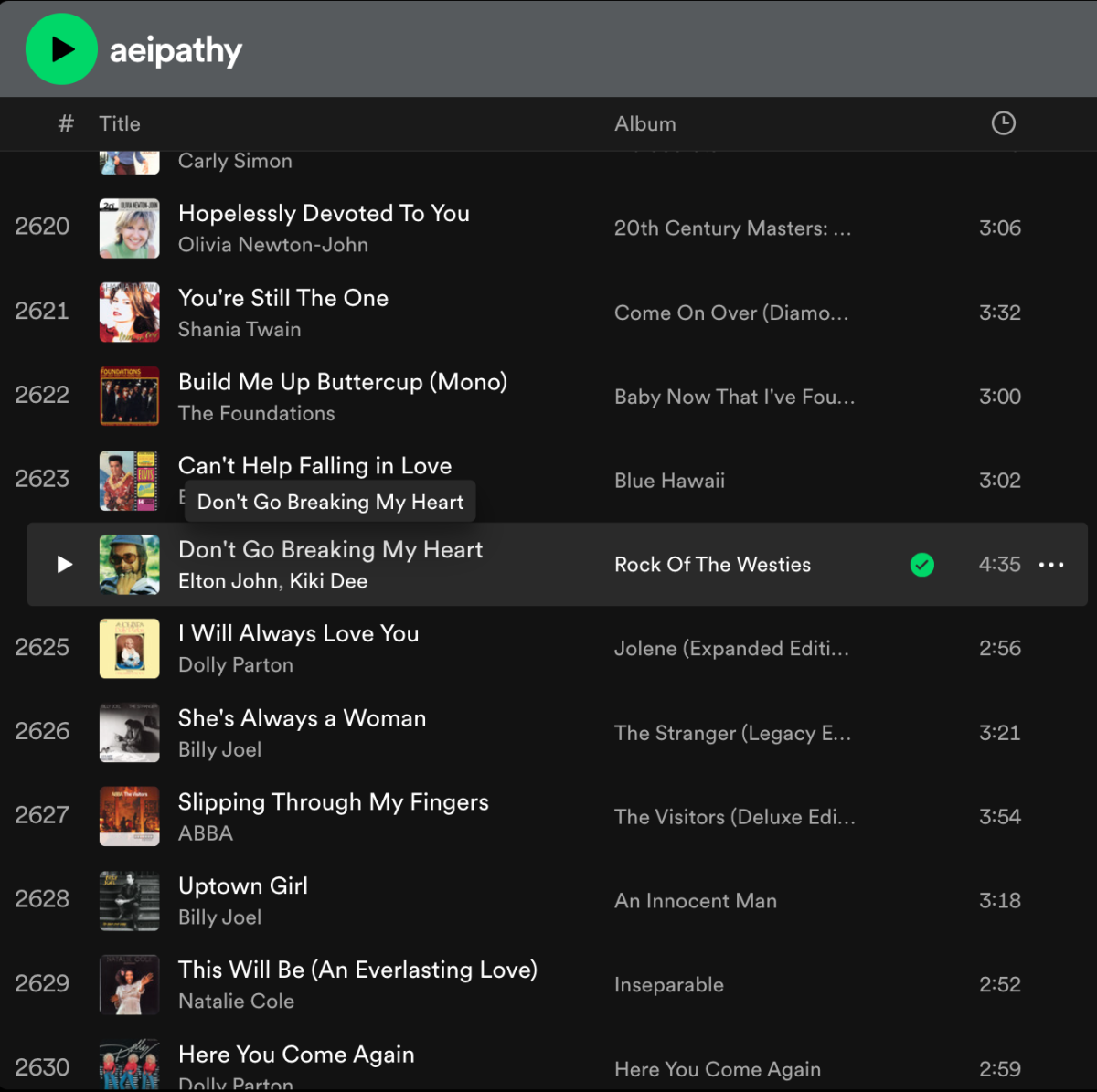The podcast How to Save a Planet expertly balances banter with education
How to Save a Planet begun in 2020, and has been regularly releasing episodes since via Spotify.
Around once each month, I set aside a weekend entirely devoted to getting my life back on track.
I spend my Saturday afternoons and Sunday evenings catching up on any school work I may be behind on and cleaning my once ransacked bedroom until it is utterly spotless. I do copious amounts of laundry, paint archetype-related T-shirts for AP Lit, and try to altogether avoid procrastination.
It’s as a result of this blunt prevention that, on my self-care weekends, I attempt to diligently distance myself from technology. As long as the work I have to get done is yet to be completed, I am not allowed to scroll through TikTok or play Animal Crossing.
This past stretch of two days happened to be one of those weekends for me. Yet, as I was re-organizing my closet, I was reminded of a particular web of content not yet outlawed by my regulations: podcasts.
For a while, I’d been meaning to find a podcast I loved, so I hopped on over to Spotify to scroll through their educational audios and find one that could inhabit my sunny Saturday. After perusing for a bit, I stumbled upon How to Save a Planet, a podcast hosted by journalist Alex Blumberg.
Automatically forming a solid opinion of it based upon the vibrant and enticing cover art, I found an episode that seemed intriguing and hit play.
I’d like to set the record straight by saying that, most of the time, the much prevalent climate crisis absolutely terrifies me. While this fear does not stop me from educating myself and taking action to stop it, I have a difficult time opening the news each morning or listening to NPR without my anxiety spiking.
Almost an hour passed between hitting play and pause, and nowhere within that stretch of time did I lose interest in what was being stated or the messages being spread.
I know that I am not alone in this.
However, How to Save a Planet turned this often uneasy topic into something that I could invest myself in free of worry. The episode I listened to—“The Tribe that’s Moving Earth (and Water) to Solve the Climate Crisis”—felt less like a news broadcast and more like a storybook packed with knowledge and tips towards reversal.
Yurok Tribe Vice-Chairman Frankie Myers was interviewed about climate change and biodiversity regression, or rather how Indigenous communities have been working to prevent these developments throughout human history. From carbon offset programs to salmon renewal within water ecosystems, Myers painted a picture of the role his tribe has played in dissolving climate worries and regaining the land that was once theirs.
Over the 44-minute duration of the episode, I learned about issues I’d never even thought to consider. Furthermore, I laughed and smiled at the innate storytelling abilities of not only the interviewee, but the hosts as well. Almost an hour passed between hitting play and pause, and nowhere within that stretch of time did I lose interest in what was being stated or the messages being spread.
After diving head-first into the world of podcasts, I was more than thrilled to land within the oceanic depths of How to Save a Planet. I found myself listening to a few more episodes this weekend, and each kept me enthralled throughout. Moreover, I ended up taking notes of the future actions I can add to my docket, much helped by the resources and websites listed within the podcast description.
Overall, How to Save a Planet is a captivating yet informative example of the human impact on our Earth, one that left me inspired to enact a transformation.

Jessie Warren is a senior, and this will be her second and final year as a staff member of The Central Trend. Ever eager to write, she finds a sort of...














